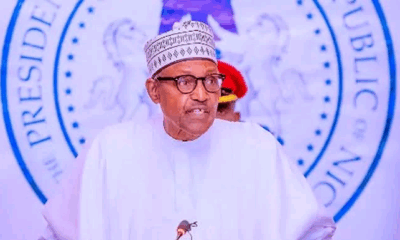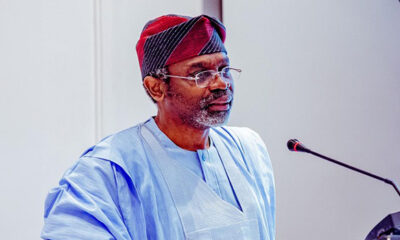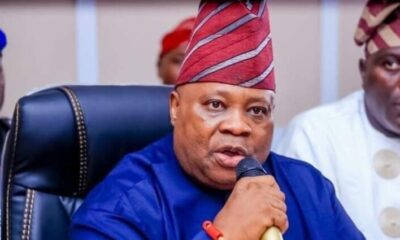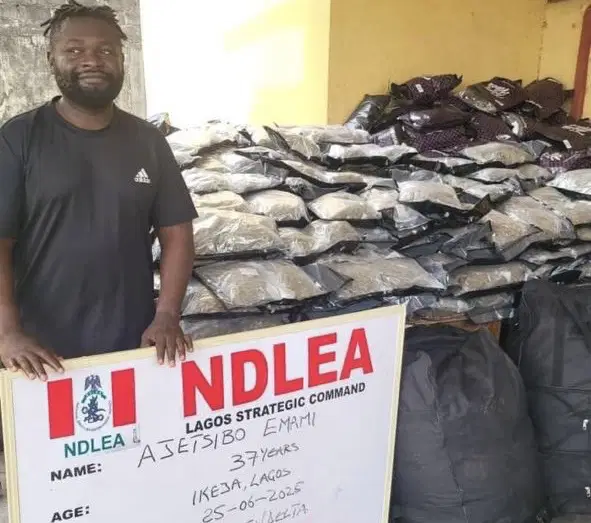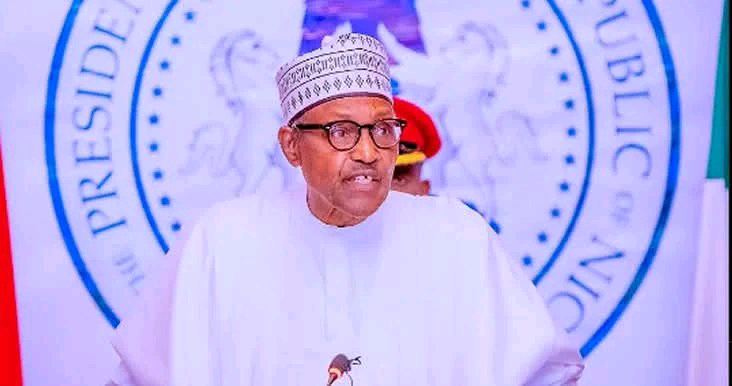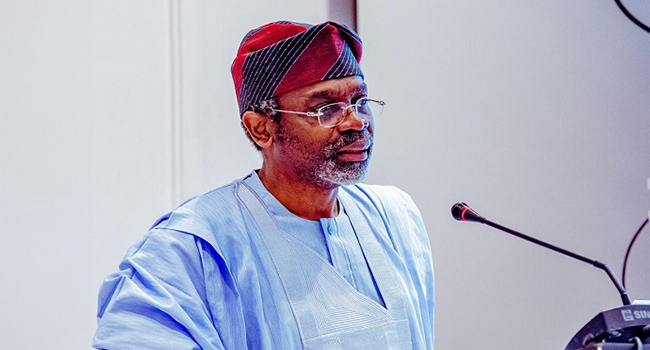BIG STORY
Petrol Landing Cost Drops To N971 Per Litre — MEMA Report
-

 BIG STORY3 days ago
BIG STORY3 days agoJUST IN: US Clarifies New Visa Rule For Nigerians, Cites Global Security Standards
-

 BIG STORY3 days ago
BIG STORY3 days agoREVEALED: Trump’s Visa Clampdown Linked To Nigeria’s Refusal To House Asylum Seekers — TheCable Report
-

 BIG STORY4 days ago
BIG STORY4 days agoTunji-Ojo Meets US Envoy Over New Visa Policy, Says FG Will Curb Overstay By Nigerians
-

 BIG STORY5 days ago
BIG STORY5 days ago“JAPA”: Canada Increases Minimum Proof Of Funds To N17m For Immigrants
-

 BIG STORY5 days ago
BIG STORY5 days agoUK Introduces eVisas For Nigerian Study, Work Visa Applicants
-

 BIG STORY3 days ago
BIG STORY3 days agoLagos Steps Up: Wahab’s Cleanup Blitz And Plastic Ban Herald A New Environmental Era — By Babajide Fadoju
-

 BIG STORY3 days ago
BIG STORY3 days agoNigeria Won’t Bow To US Pressure To Accept Venezuelan Deportees — Foreign Affairs Minister Tuggar
-

 BIG STORY5 days ago
BIG STORY5 days agoLG Polls: Speaker Obasa Charges Lagos West APC Candidates To Intensify Campaigns, Assures Of The Assembly’s Support










